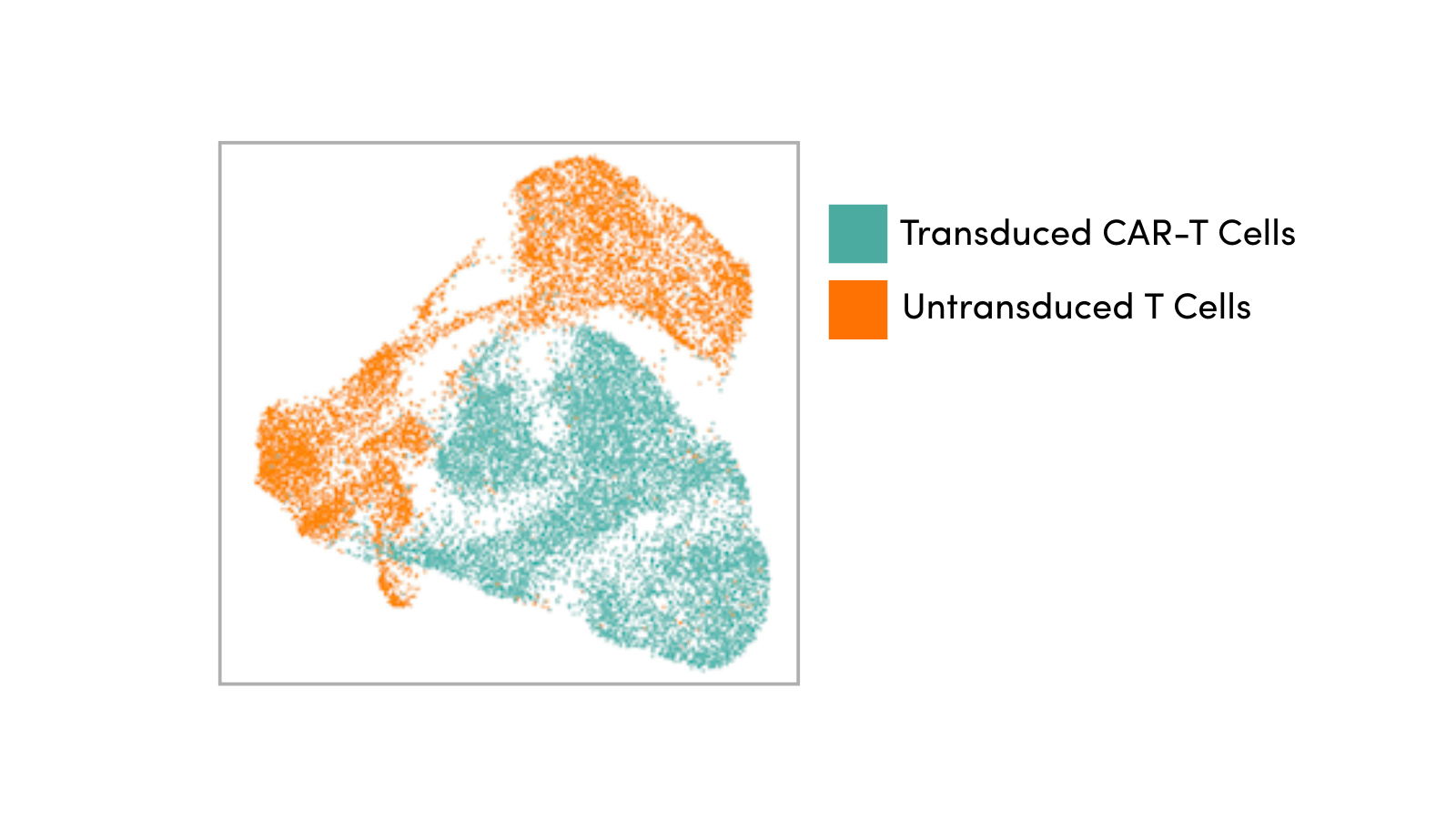Metabolism plays a central role in many diseases, including diabetes, cardiovascular disease, obesity, and other inherited and acquired metabolic disorders. Broadly, metabolic disorders occur when the body produces too much or fails to produce enough of the essential nutrients required for normal metabolism to support cellular health and function. These conditions may result from the lack of a key enzyme or hormone, abnormal metabolic reactions, disease affecting key organs including the liver and pancreas, or nutritional deficiencies.
Diabetes
Diabetes type I and type II are metabolic disorders characterized blood glucose levels that are consistently elevate above healthy physiological levels.
- Type I Diabetes is caused by the body’s inability to produce insulin due to a loss of pancreatic beta cells.
- Type II Diabetes is the result of insulin resistance, the inability of cells of the body to properly respond to insulin and is commonly caused by a combination of genetics and environmental factors. Excessive weight and a sedentary lifestyle are contributing factors to the development of Type II Diabetes.
Both the lack of insulin in Type I Diabetes and insulin resistance in Type II Diabetes have profound consequences on insulin signaling and ultimately glucose metabolism. CST antibodies can be used to assess the expression levels and activity of key components of signaling pathways affected in diabetes, including Insulin Receptor β, Erk1/2 and AKT family of kinases, as well as AMPK and LKB1.
 |
Explore the interactive Insulin Receptor Signaling Pathway Diagram, along with associated CST antibody products. |
Cardiovascular Disease
Cardiovascular Disease, which includes heart disease, heart attack, stroke, and coronary artery disease, is a leading cause of death worldwide.
- Metabolic disorders like diabetes and obesity are risk factors for the development of cardiovascular disease.
- Disrupted intracellular metabolic pathways in cardiac cells can also contribute to heart failure and cardiovascular disease due to the high rate of ATP production and turnover required to maintain the continuous mechanical work of the heart.
Obesity
Obesity is defined by an accumulation of excess of body fat as determine using the body-mass index, a calculation of body weight divided by the square of body height and scaled according to age and sex.
- Obesity can be caused by inherited metabolic disorders, but is more commonly associated with environmental factors including a sedentary lifestyle and poor diet.
- Worldwide, obesity affects ~40% of the population and is considered a leading preventable cause of death.
- Obesity is a primary risk factor associated with insulin resistance and the onset of Type II Diabetes.
- The mechanisms responsible for obesity’s link to insulin resistance include ectopic fat deposition in the liver, increased production of adipokines and cytokines, and mitochondrial dysfunction.
Due to its role as a central regulator of lipid and glucose metabolism, AMPK is a potential therapeutic target for obesity, diabetes, and cancer.
 |
Explore the interactive AMPK Signaling Pathway, along with associated CST antibody products. |
Other Metabolic Diseases
In addition to diabetes and obesity, many additional inborn metabolic disorders have been identified and are the current focus of extensive research. These include lysosomal storage diseases, amino acid metabolism disorders, and carbohydrate metabolism disorders.
- Lysosomal storage diseases are a family of disorders characterized the toxic accumulation of large molecules due to defective enzymatic degradation in lysosomes. Examples include Gaucher disease, where glucocerebrosidase deficiency leads to the buildup of sphingolipids in white blood cells and macrophages, and Niemann-Pick disease, characterized by pathological accumulation of lipids in multiple organs.
- Amino acid metabolism disorders, including Phenylketonuria and Maple Syrup Urine Disease, are genetic conditions commonly characterized by the body’s inability to properly break down amino acids, leading to their toxic accumulation.
 |
Explore the interactive Glutamine Metabolism Pathway, along with associated CST antibody products. |
Carbohydrate metabolism disorders are genetic conditions that affect the catabolism and anabolism of carbohydrates, primarily due to the dysfunction of key enzymes required for proper carbohydrate metabolism. Examples include glycogen storage diseases and glycogen-6-phosphate dehydrogenase (G6PD) deficiency.






